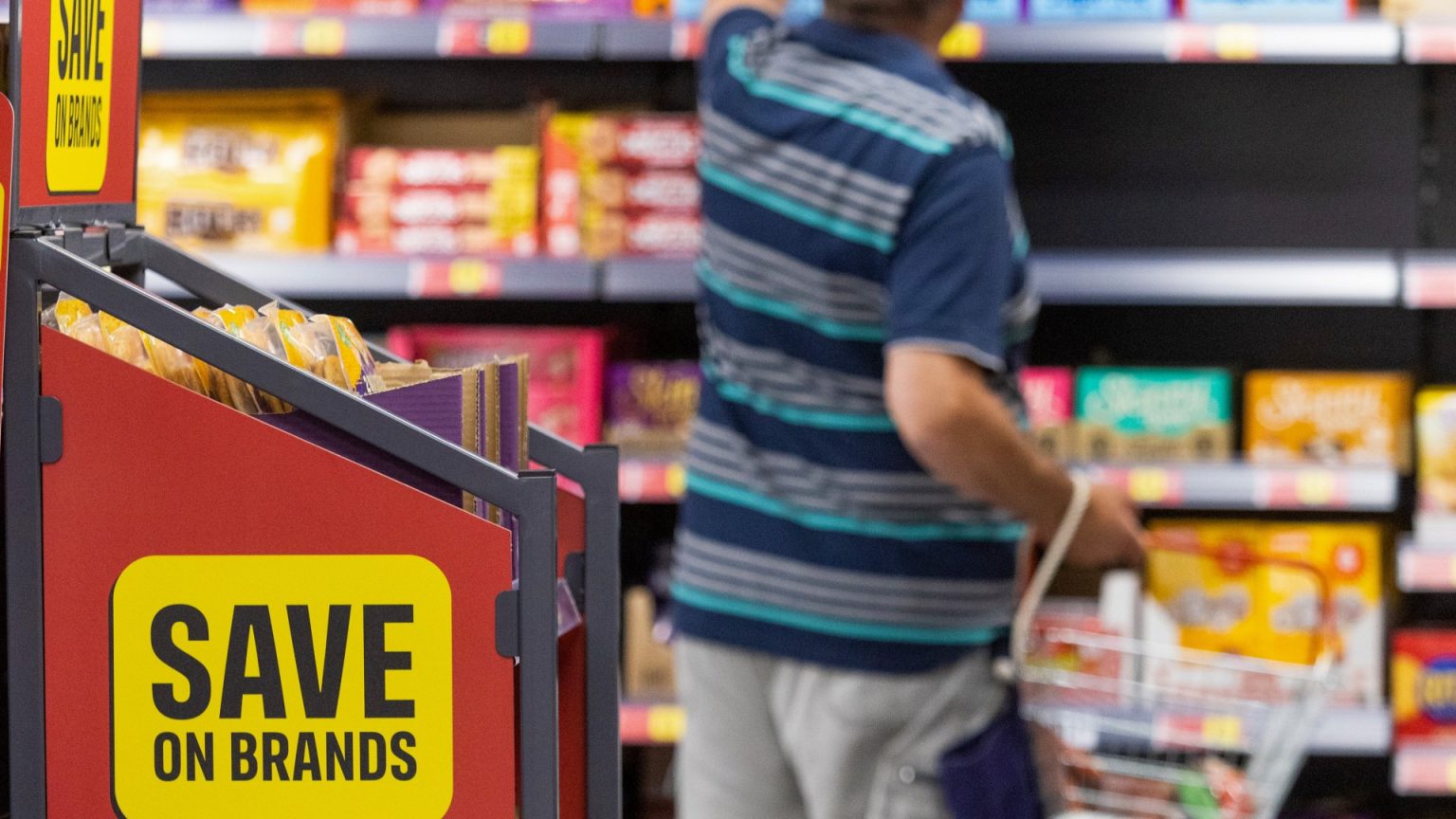Iceland, a UK-based discount supermarket chain with over 900 stores, is closing one of its locations in Exeter, Devon, on January 4th, 2025. The Alphington Road Retail Park store’s closure is attributed to Aldi’s planned expansion into the space. Iceland assures that its two other Exeter branches, located in Sidwell Street and Marsh Barton Road, will remain open. Affected staff members will be relocated to these or other Iceland stores. This closure is part of a larger trend for Iceland, which has shuttered 25 stores since last year. However, this downsizing is coupled with a strategic growth plan, focused on opening 250 new Food Warehouse stores in various locations across the UK including Brighton, Crawley, Dundee, and Salisbury. This expansion particularly targets suburban areas of major cities like Glasgow, London, Manchester, and Newcastle.
The closure of the Alphington Road store exemplifies the broader challenges faced by brick-and-mortar retailers in the UK. The rise of online shopping, coupled with increasing staff costs and declining in-store sales, has made it difficult for many traditional retailers to maintain profitability. Some retailers are attempting to adapt by relocating to higher-traffic areas, particularly retail parks, which offer free parking and draw customers away from increasingly expensive town centre parking. This shift in consumer behaviour has led retailers like Next and Marks & Spencer to close high street locations in favor of larger retail park stores. This trend, while beneficial for some businesses, can create a domino effect, decreasing foot traffic in town centres and putting further pressure on remaining businesses.
The closure of retail stores also illustrates the vulnerability of businesses to changing economic conditions and consumer preferences. Several high-profile retail chains, including Wilko, Debenhams, Topshop, Dorothy Perkins, and Paperchase, have gone bust in recent years. In many cases, the brand’s intellectual property is acquired by other companies, primarily for online sales, with only a limited number of physical stores reopening. This shift emphasizes the growing dominance of e-commerce and the challenges facing traditional retail models.
Despite the challenging retail environment and its own store closures, Iceland Foods reported a return to profitability in the 2023/24 fiscal year. The company achieved record sales of £4.1 billion, a 6.5% increase, and a profit of £15.6 million, a significant turnaround from the previous year’s £16.2 million loss. This success is attributed to a series of cost-cutting measures, including renegotiated supplier contracts, closure of underperforming stores, and installation of energy-efficient freezers. Iceland also focused on expanding its affordable product range, notably its £1 or Less line, which resonated with budget-conscious shoppers. Further investments included a new distribution centre and a revamped online delivery service, enhancing operational efficiency and customer experience. These strategic moves allowed Iceland to navigate rising costs, particularly energy costs, which were heavily influenced by global events. The company’s commitment to affordability was further demonstrated in the previous year by canceling its Christmas advert to reinvest the savings in lower prices for customers.
For consumers seeking to save money on their grocery bills, several strategies can be employed. One option is to take advantage of “odd boxes” offered by many retailers, which contain slightly imperfect or surplus produce at discounted prices. Lidl and Sainsbury’s, for example, offer such boxes for as little as £1.50 and £2, respectively. Aldi also provides “Too Good to Go” bags containing a variety of products worth £10 for just £3.30. Food waste apps like Too Good to Go and Olio connect consumers with businesses looking to sell surplus food at reduced prices, offering another avenue for savings.
Another effective strategy is to hunt for yellow sticker bargains, which represent discounted items nearing their expiration dates. Timing is key, as the best deals vary by retailer. Joining bargain hunter Facebook groups like Extreme Couponing and Bargains UK can provide valuable insights into the latest deals and discounts. “Downshifting” to supermarket own-brand economy lines instead of premium brands can also result in significant savings over time. These strategies, combined with a mindful approach to grocery shopping, can help consumers manage their food budgets effectively.
Iceland’s story highlights the complex dynamics of the modern retail landscape. While navigating the challenges of store closures and evolving consumer behaviour, the company has demonstrated resilience through strategic cost-cutting, investment in efficiency, and a focus on affordability. This approach, combined with consumers’ increasing savviness in seeking out value, underscores the importance of adaptability and innovation in the ongoing transformation of the retail industry.











